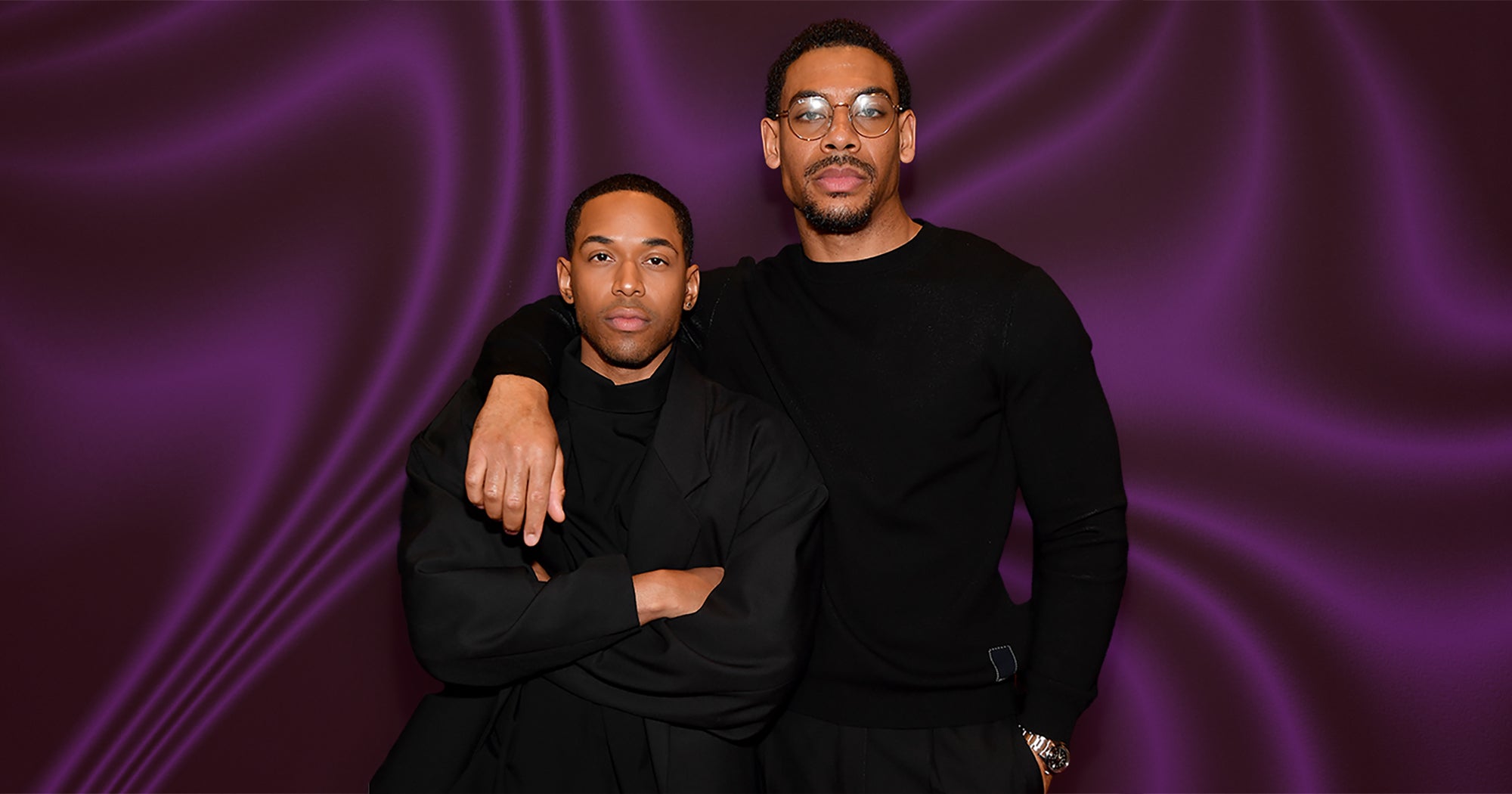The Rise and Fall of the Stanley Cup
It’s been a rough year for the Stanley cup. Throughout 2023, the tumblers seemed virtually invincible, with full-grown adults fighting over pastel colorways like their dirty sodas depended on it. The cups weren’t just functional — they were full-blown status symbols, with users showing off accessorized and multicolor cup collections on social media.
In 2024, many Stanley stans remain, but their fan base has changed drastically. Stanley remains in the zeitgeist, but most notably when a new controversy crops up (and they just won’t stop). Instead of big-name influencers, some of the brand’s biggest proponents are now Gen-Alpha children, dulling its cool-girl rep, whether or not the brand wants to admit it. Despite its cult-following, it almost feels as though we’re witnessing Stanley’s fall from grace in real time.
Admittedly, we shouldn’t be surprised that a tumbler found itself in hot water. Stanley, however, has proven especially prone to drama. “Let’s see if my Stanley cups actually test positive for lead,” one user said in a January TikTok following claims that Stanley tumblers contained dangerous levels of lead. These rumors were ultimately debunked (Stanley cups technically contain lead solder, but this shouldn’t ever come into contact with your drink). Still, the headlines didn’t do much to bolster its reputation.
To make matters worse, 2.6 million Stanley travel mugs were recently recalled after 38 people suffered burn injuries due to loose lids. “We are committed to constant improvement and are focused on creating quality products that are built for life,” Stanley wrote in their announcement on social media. According to the Consumer Product Safety Commission (CPSC), the faulty mugs contained lid threads that shrunk when exposed to heat, causing them to detach during use.
If you have one of the recalled Stanley cups, the CPSC recommends you should stop using and contact the company for a replacement lid. Clearly, 2024 has not been Stanley’s year.
But even beyond the brand’s string of bad luck, it appears that consumers are moving on. When put to the test (and by that we mean flipped completely upside down), Stanley didn’t measure up to the spill-proof design of other popular tumblers. Brands like Owala offer similar bright colorways, more affordable price points, and less drama. Is Stanley’s loyal fanbase enough to compete? Or will viral collabs with projects like “Wicked” help bring them back for 2025?
It’s been a rough road for the previously beloved tumbler, and we wish the Stanley cup no ill will. People take their emotional support water bottles very seriously (ourselves included) — and we hope the Stanley cup continues sparking joy and better hydration habits well into the New Year. The water bottle drama on the other hand . . . well, we can leave that in 2024.
Chandler Plante (she/her) is an assistant health and fitness editor for PS. She has over four years of professional journalism experience, previously working as an editorial assistant for People magazine and contributing to Ladygunn, Millie, and Bustle Digital Group.

:quality(85):upscale()/2024/12/19/939/n/48872265/7d3e31e8676490dc478d20.55757263_.jpg)


:quality(85):upscale()/2024/12/19/871/n/49351761/2f37758867647a19245f24.99105212_.jpg)
:quality(85):upscale()/2024/05/16/874/n/1922794/a4086877664665bd84cbf6.10984679_.png)